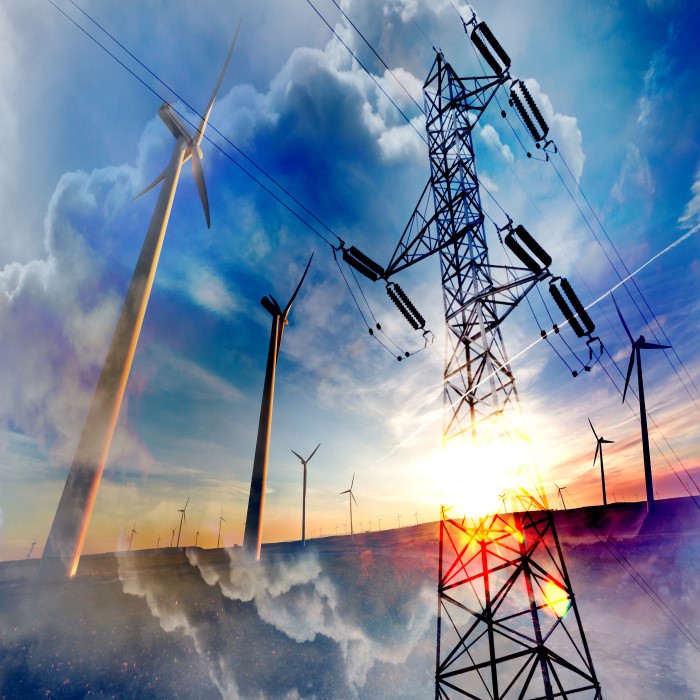Project: Evaluation of Vietnam National Energy Efficiency Programme
Under DANIDA’s support, an impact evaluation of the VNEEP - Phase II Program has been conducted in order to assess the impacts of the VNEEP phase II program, including assessing whether the program has managed to realise its set targets.
In 2012, the Prime Minister approved VNEEP Phase II for the period 2012-2015. Its overall objective is to ensure savings of 5-8% (equivalent to 11-17 million TOE) during the period 2012-2015 of the total energy consumption compared to the energy demand forecast that was approved in the National Power Development Master Plan in the period 2011-2020 with an outlook to 2030 (PDP 7). In particular, the program proposed solutions including models of energy consumption management in designated (energy intensive) enterprises, construction code for energy use in buildings and suitable energy pricing policy.
Under DANIDA’s support, an impact evaluation of the VNEEP - Phase II Program has been conducted in order to assess the impacts of the VNEEP phase II program, including assessing whether the program has managed to realise its set targets.
The evaluation methodology involved:
• Desk review to have general understanding of relevant project documents.
• Development of monitoring and reporting tool to assess the effectiveness of the program towards its set target of energy savings.
• Consultation with relevant stakeholders and beneficiaries
Under DANIDA’s support, an impact evaluation of the whole VNEEP - Phase II Program has been conducted in order to assess the impacts of the VNEEP phase II program, including assessing whether the program will manage to realise the target of 5-8% energy savings by end of 2015. The output of this assignment aimed to serve VNEEP to design the Business Plan for the next phase 2016-2020 through, the lessons learned from the implementation practices and recommendations to the future strengthening of the energy efficiency policy and implementation. Due to limited resources, the evaluation will focus mainly on components implemented under EECO.
Evaluation Methodology
The evaluation methodology involved:
· Desk review to have general understanding of relevant project documents and to obtain relevant results related to VNEEP Phase II’s achievements and impacts.
· Development of monitoring and reporting tool to assess the effectiveness of the program towards its set target of energy savings.
· Consultation with relevant stakeholders and beneficiaries to measure the impacts of the program.
The focus of the desk review was placed on reviewing key documents made available by the EECO, including: program annual and quarterly reports, various reports of the program’s technical assistances.
The large component of the evaluation was to develop the monitoring and reporting tool for calculating the energy savings for the period 2011-2015. Energy efficiency assessment of the VNEEP for the period of 2012 - 2015 is based on calculation results of energy consumption and energy intensity for the whole economy as well as for sub-sectors.An excel-based tool has been developed that allows VNEEP to Monitor, Report and Verify the actual energy consumption.
Consultation with both lecturers and participants of VNEEP’s training courses on energy management and energy auditing have been carried out.

 English
English  Tiếng Việt
Tiếng Việt 